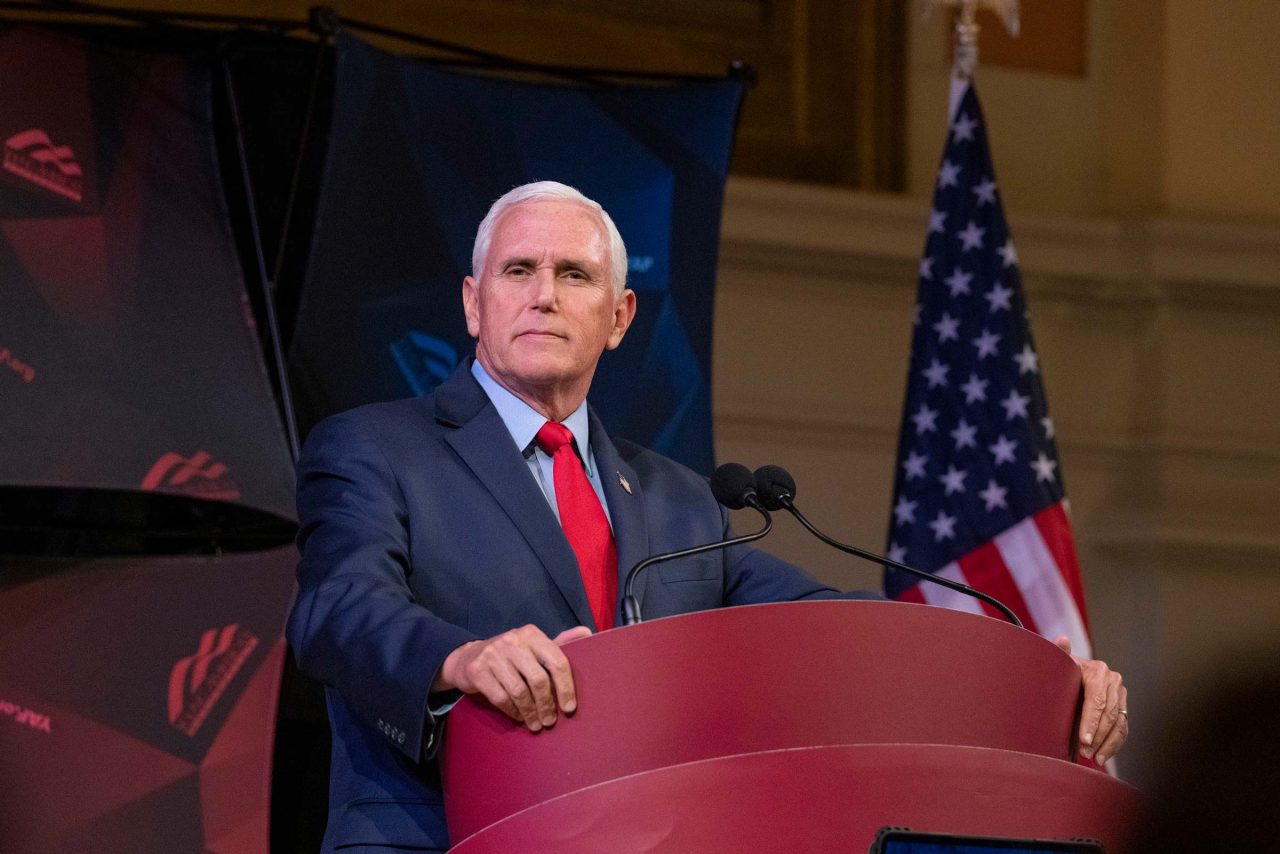Former Vice President Mike Pence made it clear on Friday that he would not be endorsing his former boss for the upcoming 2024 presidential election.
In an interview on Fox News, Pence stated firmly, “I will not be endorsing Donald Trump this year,” revealing his stance within the Republican camp.
Pence’s decision coincided with Trump securing adequate Republican delegates this week to clinch the party’s nomination.
Expressing his rationale, Pence emphasized the divergence in agendas, asserting that Trump’s current pursuits are contrary to the conservative principles they upheld during their four-year governance.

“As I have watched his candidacy unfold, I’ve seen him walking away from our commitment to confronting the national debt,” Pence remarked. “I’ve seen him starting to shy away from a commitment to the sanctity of human life.”
Trump’s recent policy shifts, notably on the issue of whether TikTok should be allowed to continue operating under Chinese ownership, seem to have further underscored this disconnect for Pence.
Despite his former bid for the presidency, Pence withdrew from the race in October 2023, recognizing the lack of traction his campaign garnered among GOP primary voters.

Pence reiterated his stance, asserting that he would never cast his vote for Democratic President Joe Biden, who secured his party’s nomination in the March 12 primary contests. “I’m going to keep my vote to myself,” he affirmed.
Pence served as Trump’s vice president during their single term in office, spanning from January 2017 to January 2021. The tumultuous events of January 6, 2021, notably saw Pence and congressional lawmakers evacuating Senate and House chambers as a mob of Trump supporters stormed the U.S. Capitol complex.
Trump’s earlier encouragement for his supporters to march to the Capitol and contest the certification of Biden’s victory resulted in the harrowing breach of Capitol security, with Pence presiding over a joint session of Congress at the time.